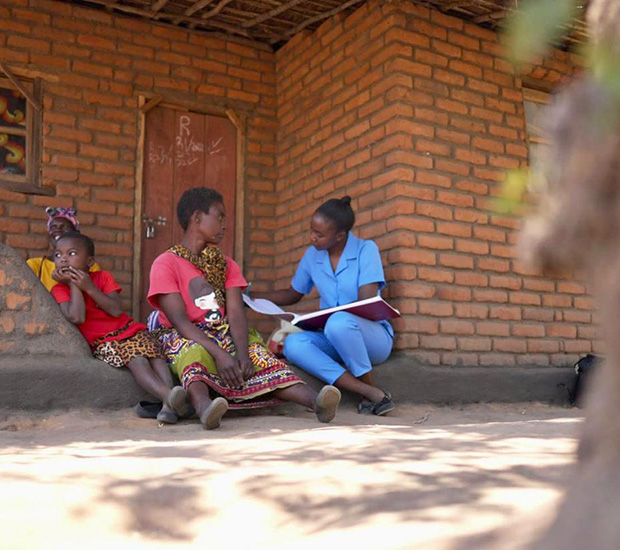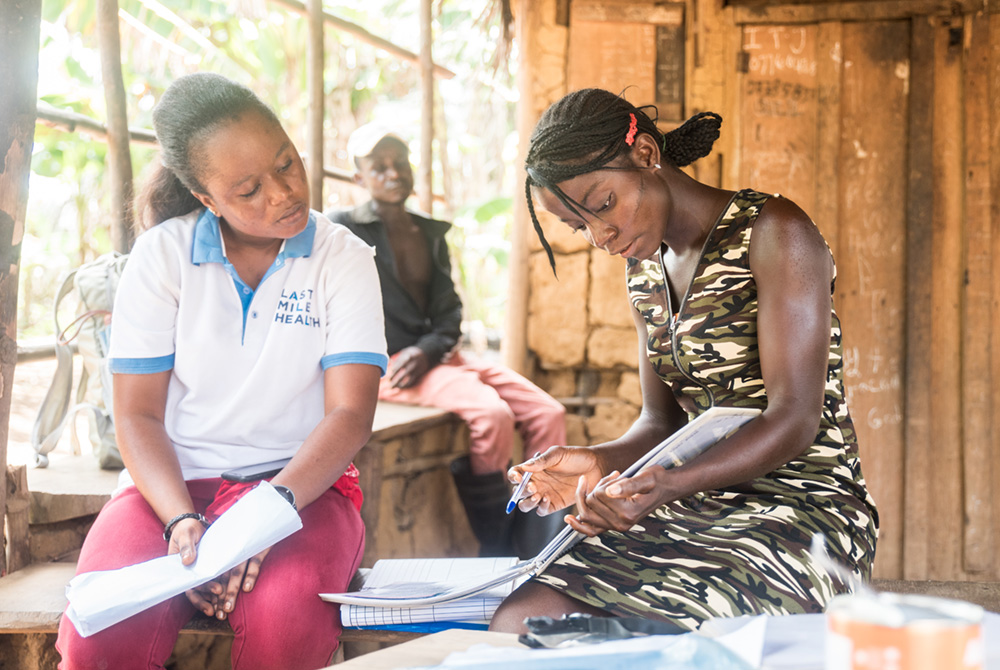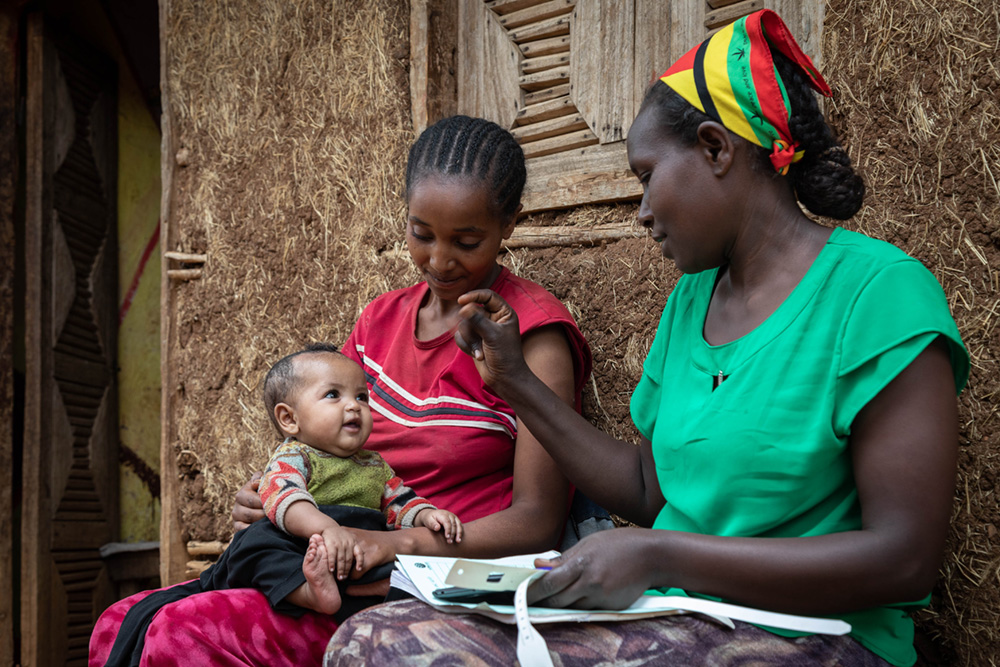Blog Post
Breaking the barriers of distance and gender: Martina Kanneh’s story
We work to dismantle barriers and expand opportunities for women as both providers and consumers of healthcare.
Last Mile Health works to achieve health equity in rural and remote communities in Africa. Health equity and gender equity are inextricably linked—so to realize our mission and vision, we must expand opportunities for women as both providers and consumers of healthcare.
Gender inequities hold women back as professionals, preventing patients from accessing the quality health services they deserve and health systems from reaching their full potential. Last Mile Health has committed to addressing this problem by supporting women as both providers and consumers of healthcare.

In our work with African governments, we identify opportunities to mainstream gender into programming to increase women’s equitable participation in the health workforce and increase access to quality care for mothers and their children.
In Liberia, we conducted a gender assessment of the national community health worker program with the Ministry of Health and Co-Impact to identify barriers to women being hired in the community health workforce, and those recommendations were adopted by the Ministry of Health, leading to an increased number of women recruited in Grand Bassa County. In Ethiopia, we are creating innovative blended training materials with and for women, ensuring they are tailored to the all-female community health workforce. In Sierra Leone, our Exemplars in Global Health research gathered data on the demographics of the community health workforce, including its gender breakdown, and we are working alongside the Ministry of Health to identify actionable steps to drive progress toward greater gender equity.


Globally, we advocate for this work by disseminating best practices from our programs in partnership with ministries of health, publishing lessons learned and best practices, and speaking at events like the UN General Assembly, World Health Assembly, and the Commission on the Status of Women. Through a joint Clinton Global Initiative commitment to action, launched in 2022 in partnership with Integrate Health, we have worked to strengthen and sustain gender-responsive community health worker programs across four countries, as well as to develop and disseminate lessons learned to accelerate similar efforts across Africa. Together, we developed a Framework for Action with 16 recommendations for governments and partners to drive gender equity in community health programs, addressing the challenges women community health workers face across all stages of their careers.
Internally, we also maintain a gender mainstreaming working group that serves as advisors across the organization and provides input into our Diversity, Equity, and Inclusion strategy.
To bring a health worker within reach of everyone, everywhere.
SUPPORT OUR WORK >